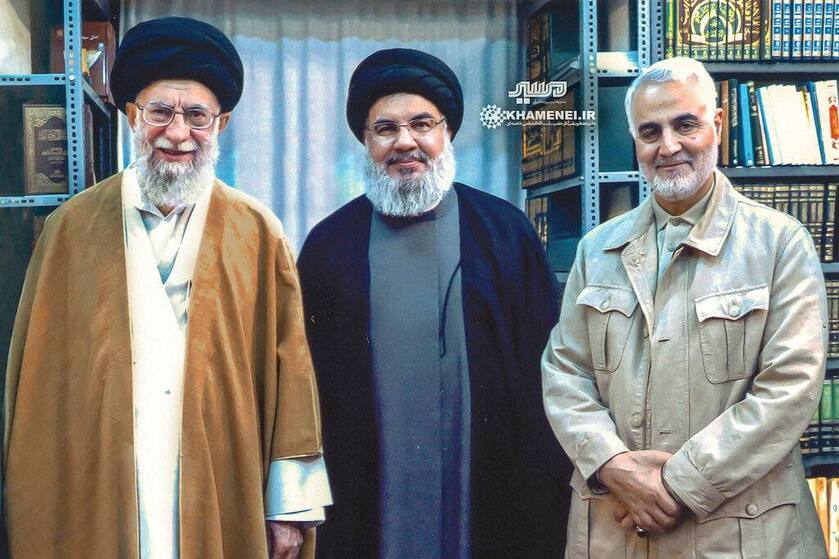The Pentagon has just released a brand-new artificial intelligence strategy memo — and it’s not about chatbots answering trivia.
Defense Secretary Pete Hegseth signed a directive pushing the U.S. military to become “AI First.” That means: Deploying new AI models within 30 days of public release Embedding AI into military kill chains Using AI for logistics, battlefield analysis, and targeting Removing bureaucratic barriers to rapid deployment Putting advanced AI tools in the hands of 3 million military and civilian personnel The goal?
Speed, dominance, deterrence.

















